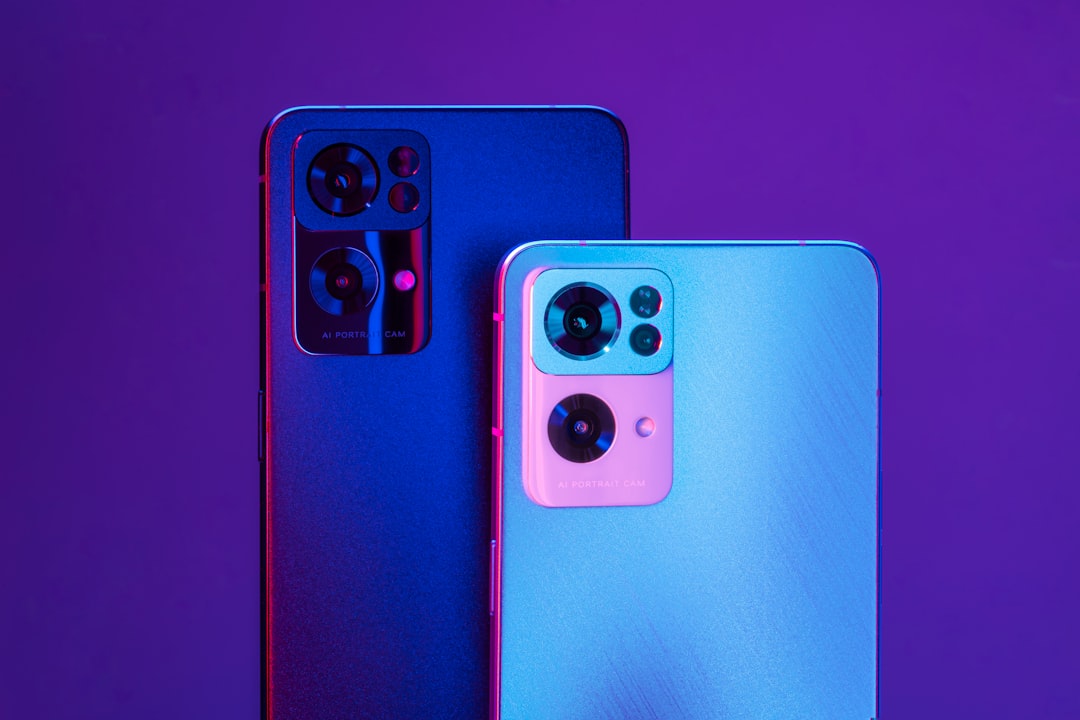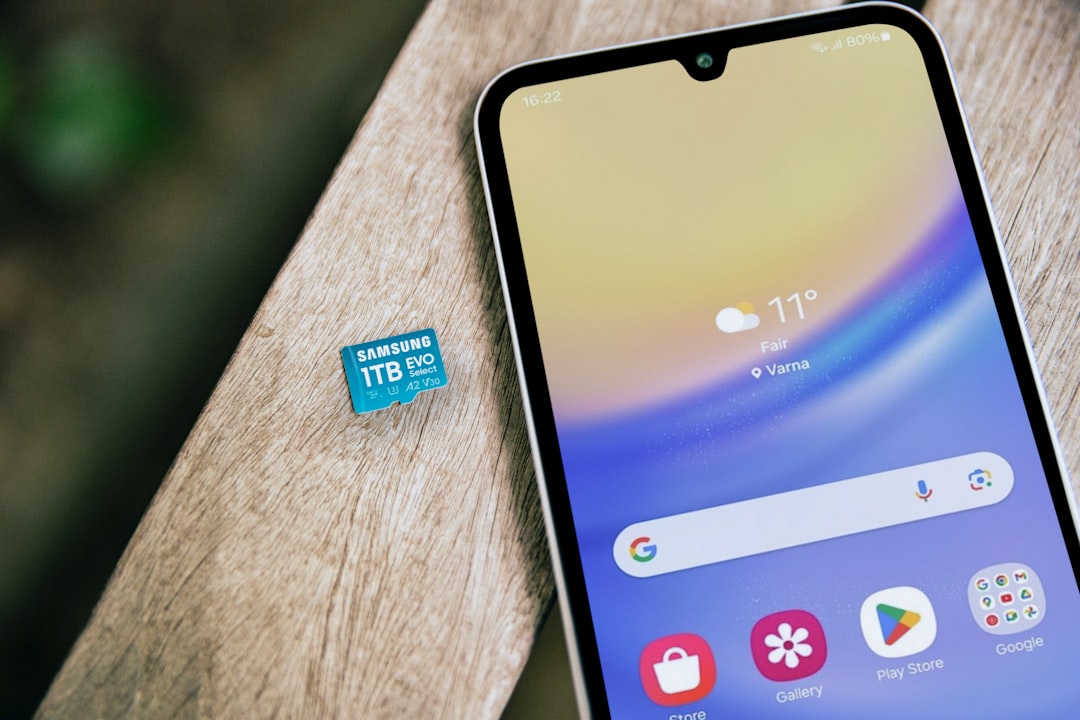Florida's robust robocall laws, underpinned by the TCPA, protect residents from unwanted automated calls through explicit consent requirements. Apps like Hiya, Truecall, and CallApp aid in blocking scams, while the Attorney General's office enforces regulations against deceptive practices. Floridians can combat robocalls by recognizing patterns, blocking calls, registering on do-not-call lists, reporting scams, and using blocking tools for comprehensive protection.
In Florida, understanding the state’s robocall laws is the first step in protecting yourself from deceptive telemarketing practices. This article guides you through Florida’s legal framework and provides practical strategies to combat robocall scams. From identifying common patterns to exploring top communication apps for blocking calls, we equip you with the tools needed to navigate this modern-day challenge. Learn about legal protections, reporting mechanisms, and proactive measures to ensure a safer digital environment in the Sunshine State.
Understanding Robocall Laws in Florida

In Florida, like many other states, there are specific laws in place to combat robocalls and protect consumers from fraudulent activities. The Telephone Consumer Protection Act (TCPA) is a key federal legislation that restricts automated calls, including robocalls, to cellular phones. However, Florida has its own set of regulations that further enhance these protections. State laws prohibit unsolicited telephone solicitations and require clear consent for any marketing or promotional calls. These rules are designed to give residents control over the number of unwanted calls they receive.
Understanding the legal framework is crucial when it comes to dealing with robocall scams. Florida’s robust consumer protection laws empower individuals to take action against persistent or deceptive callers. By recognizing their rights, Floridians can file complaints and seek legal recourse if they feel their privacy has been invaded or their rights violated by intrusive robocalls.
Identifying Common Scam Patterns in Florida

In Florida, as with many states, scammers have adapted their tactics to exploit the ever-evolving digital landscape. Robocalls, in particular, have become a common method for fraudsters to target residents. These automated calls often disguise themselves as legitimate organizations or government agencies, preying on people’s fears and insecurities. Common patterns include impersonating utility companies, financial institutions, or even law enforcement, demanding immediate action with threats of consequences if the recipient does not comply. Scammers may also use urgent language and pressure tactics to convince victims to reveal personal information, such as social security numbers or bank details, under the guise of confirming their identity or resolving an issue.
Florida’s robocall laws are in place to protect residents from these deceptive practices. The state has implemented regulations that require callers to obtain explicit consent before making automated calls for marketing purposes. However, despite these laws, scammers continue to find loopholes and innovative ways to bypass them. Recognizing these common scam patterns is the first step in protecting oneself. By staying informed and vigilant, Florida residents can avoid falling victim to these fraudulent robocalls.
Top Communication Apps for Blocking Calls

In today’s digital age, robocalls have become a pervasive nuisance, but Floridians now have powerful tools at their fingertips to combat these scams. Several communication apps have emerged as game-changers in the fight against unsolicited calls, leveraging advanced technologies to block and identify robocallers. One popular option is Hiya, an app that uses crowdsourced data and machine learning algorithms to detect and filter out spam calls. Another effective tool is Truecall, which not only blocks robocalls but also provides detailed information about incoming callers, helping users stay informed and safe.
For those seeking a comprehensive solution, CallApp offers robust call blocking capabilities along with features like call identification and personalized call filters. Its advanced robocall laws compliance ensures that legitimate calls from authorized sources are not obstructed. These user-friendly apps empower Floridians to reclaim their phone lines from unwanted calls, promoting peace of mind in an era where such scams are prevalent.
Legal Protections Against Robocalls in FL

In Florida, there are robust legal protections against robocalls designed to safeguard residents from unwanted and fraudulent calls. The Telephone Consumer Protection Act (TCPA) is a federal law that restricts automated phone calls and text messages for marketing purposes. Under this legislation, businesses must obtain explicit consent before initiating such communications, and individuals can file complaints with the Federal Communications Commission (FCC) if they believe their rights have been violated.
Additionally, Florida has its own specific robocall laws, which further enhance consumer protections. The state’s Attorney General’s office actively enforces these regulations, penalizing companies that engage in deceptive or harassing phone practices. These legal safeguards provide Floridians with a layer of defense against unwanted robocalls and encourage responsible marketing practices among businesses.
Reporting and Preventing Robocall Scams

In Florida, as in many states, robocall scams are a persistent problem. However, consumers have powerful tools at their disposal to fight back. The first step is to recognize and identify suspicious calls. Most operating systems and phone companies now offer features that allow users to block unknown numbers. Additionally, Florida’s robocall laws provide guidelines for how these automated calls should be conducted, including requirements for do-not-call registration and opt-out mechanisms.
Reporting these scams is another crucial step. Many apps designed to combat robocalls also include reporting features that alert authorities or relevant agencies. By documenting the nature of the scam attempts, users can contribute to a broader effort to track and shut down fraudulent operations. This collective action, combined with the use of blocking tools, helps create a more robust defense against robocall scams in Florida.






